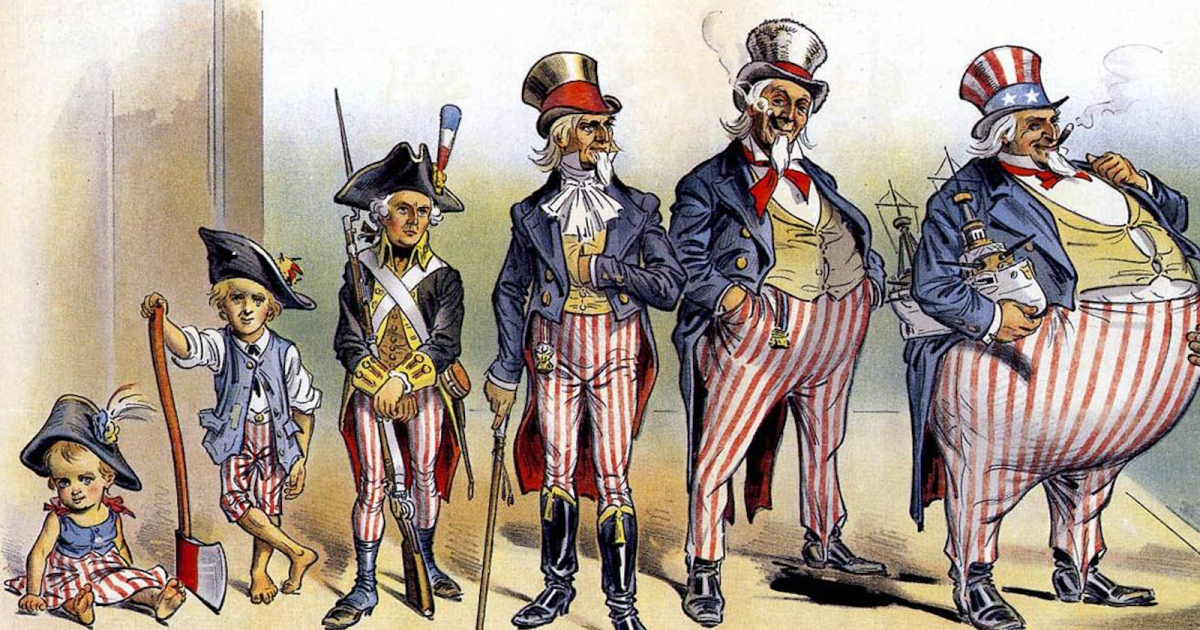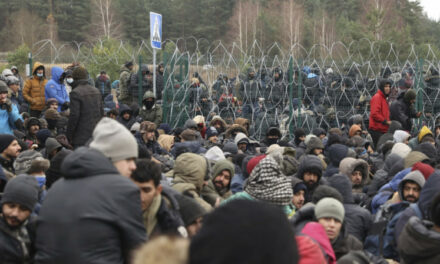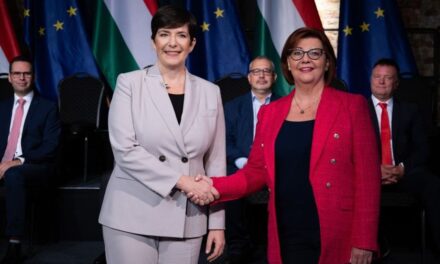Historical facts are often presented in such a way that they correspond to the struggle of free Western liberal democracies against autocracies as a kind of dominant narrative.
The fact that the West is synonymous with the idea of liberal democracy is almost evident these days, and the feeling is reinforced by the almost unanimous support of Ukraine against the Russians by the countries considered to be part of the West.
(…)
However, the situation is far from being so black and white. Let's mention that the West - especially the European Union and Israel - tacitly side with autocratic Azerbaijan, while democratic Armenia remains an official military ally of Russia. Although Azerbaijan ranks 154th out of 180 countries on Reporters Without Borders' media freedom index, right between Belarus and Russia, President Von der Leyen specifically thanked Azerbaijani President Ilham Aliyev for his help at a "critical moment". Through a new pipeline, Azerbaijani gas has saved the southeastern part of the European Union energetically by replacing Russian gas, especially in Bulgaria, which was previously heavily dependent on Russian fossil fuels.
Nevertheless, Von der Leyen stated in her annual "State of the Union Address":
“This is not just a war unleashed by Russia against Ukraine. It is a war on our energy, a war on our economy, a war on our values and a war on our future. This is autocracy against democracy.”Josep Borrell, the High Representative of the European Union for Foreign Affairs and Security Policy, was more honest:
"We can't say that , and those who follow us are the same - this is not true. This is not true."
Many scholars similarly define Russian aggression in Ukraine. Historian and expert on Ukrainian history Timothy Snyder states:
Russia, the aging tyranny, wants to destroy Ukraine, the defiant democracy. A Ukrainian victory would strengthen the principle of self-determination, allow Europe to continue its integration, and empower people of good will to return with renewed vigor to other global challenges.
"For the sake of global democracy," writes political scientist Larry Diamond, "failure is not an option in Ukraine."
He then continues:
“The autocracies of the world – China, Egypt, Iran and Russia, not to mention Venezuela and Zimbabwe and the disasters unfolding there – are facing serious challenges precisely because of the lack of accountability and open debate. All of this suggests that the Zeitgeist may once again be turning in favor of democracy. But it doesn't happen by itself. This requires American power and a renewal of America's democratic goals at home and abroad."
Democracies and autocracies
Both the largely democratic and the autocratic camp would have no objection to winning over other countries. After all, the much-hyped BRICS is made up of three democracies (South Africa, India and Brazil) and two autocracies (Russia and China). As Henry Kissinger writes in his magnum opus Diplomacy:
"If ideology necessarily determined foreign policy, Hitler and Stalin would no more have joined forces than Richelieu and the Turkish Sultan three centuries earlier."
After all, the Ukrainian struggle would be noble and just even if theoretically Ukraine were autocratic and Russia democratic, because the former would defend against aggression.
It is quite common to implicitly define the West as consisting of countries that accept American leadership of the "free world" and ignore factors that do not fit into this narrative. In line with the dominant narrative of the free, liberal-democratic world's struggle against various forms of autocracy, historical facts are also presented as it fits the narrative. As a professor of historical theory, Keith Jenkins, stated in the book:
"History is never for itself, but always for someone else."
For this reason, it makes perfect sense that the history of the 20th century is largely presented as the struggle of the democratic West against autocracies in the form of Nazism/Fascism (in World War II) and Communism (in the Cold War).
The Second World War - in 1941 the Third Reich attacked the Soviet Union, which as a result allied with the British Empire - cannot be seen only as a conflict between democracy and totalitarianism. Of course, the Western bloc was led by democratic France or Great Britain, but the situation with their allies is much more complicated. The first victim that opposed Hitler militarily, Poland, was, sometimes more, sometimes less, but a dictatorship. According to historian Stanley Payne, Poland in the 1930s should be interpreted as follows:
“[A] moderate military regime that did not seek to impose a one-party system or abolish parliamentary elections altogether. It should be classified as a moderately pluralistic, authoritarian regime, which remained in power because of Pilsudski's authority and charisma, the strength of the army and the power of nationalism, and interventionist economic policies.”
(…)
With the examples of the Cold War and the Second World War, I do not deny that the mentioned conflicts mostly took place between democratic and autocratic states. Mostly - but not exclusively!
In the narrative that I am criticizing, the West as a positive sign takes on the characteristics of a chimera that changes its parts over a relatively short period of time in order to preserve the democratic ideal.
The West is not necessarily democratic and never has been.
Featured image: Bill of Rights Institute












